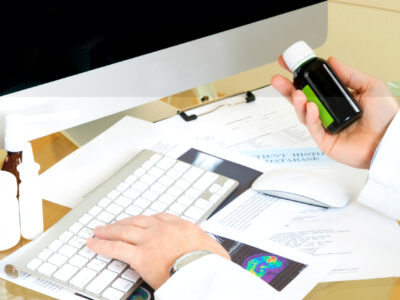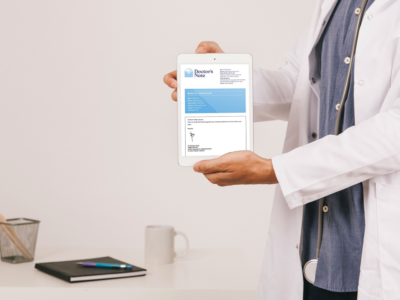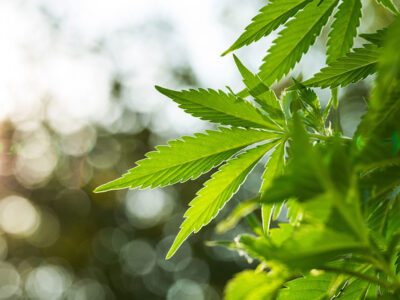Depression and substance abuse frequently coexist. Unfortunately, depression can persist even after a person has beaten their addiction and accepted sobriety. Here’s a closer look at the issue, as well as some advice on how to cope with depression while on the mend.
Depression and Substance Use
Co-occurring disorders such as substance misuse and depression are widespread. Depression leads to substance abuse and addiction in some situations. In other situations, the brain chemistry and neural pathways are altered by drug addiction, preventing the brain’s mood center from producing the body’s natural feel-good chemicals. As the addict tries to find relief from these sensations through substance use, this can lead to sadness, prolonging the addiction cycle.When you consider the possible ruin of an addict’s personal and professional life, the link between substance misuse and depression becomes stronger. Addicts suffer from shame and guilt for the harm they may have caused while misusing narcotics, in addition to losses such as marriages, jobs, and friends. When an addict stops drinking or taking drugs, these sensations can rise up to the surface. Feeling awful about these things, and/or about the depression itself, can set off a vicious cycle that leads to relapse.
Getting Through Depressive Episodes While in Rehab
The good news is that persons in recovery can take steps to alleviate their depression and move on with their lives.
- Use of Medications
Medicine can be a powerful weapon in the fight against substance abuse and depression. Medication, from anti-craving to antidepressants, can help you recover if you take it under the supervision of a doctor.
- Joining a Support Network
Creating a strong support network comprised of people who understand addiction, recovery, and depressive illnesses can benefit those suffering from depression in recovery. While finding these people in their daily lives might be difficult, especially if their family and friends are not sober, support groups are good opportunities to make new, sober companions.
- Avoiding Triggers
Avoiding triggers, such as individuals and situations that cause cravings and urges, is also key. Consider bringing someone from your support network with you if you have to attend an event or activity that may trigger cravings, or set restrictions before you go, such as deciding to stay for only 30 minutes.
- Have It in Mind That You Are in charge
Keep in mind that, although addiction is defined by a loss of control, sobriety is defined by the ability to maintain control. This is also true for people who are depressed. You’re in charge of both your sobriety and your depression treatment. You can’t expect things to change all of a sudden. Solicit the assistance of your therapist in developing refusal skills, or the ability to say “no.”
Mallard Lake Detox CenterOffers the BestAssistance.
While we generally think of addiction treatment in terms of the physical withdrawal process, cognitive behavioral therapy is also an important part of the equation since it teaches people how to address their own ideas, feelings, and actions, as well as how these emotions affect recovery. Mallard Lake Detox Center has been providing specialized treatment for persons who are addicted to drugs or alcohol, as well as those who have co-occurring disorders such as depression. If you or someone you care about is struggling with a substance use disorder, please contact us right once to learn more about admissions.












Comments